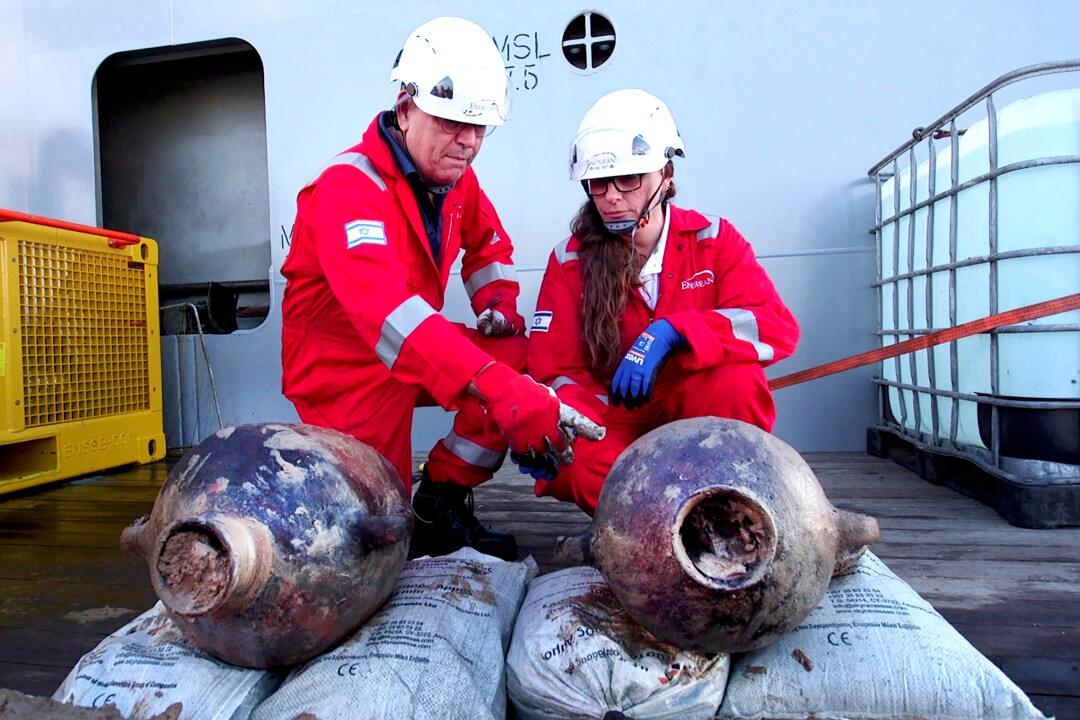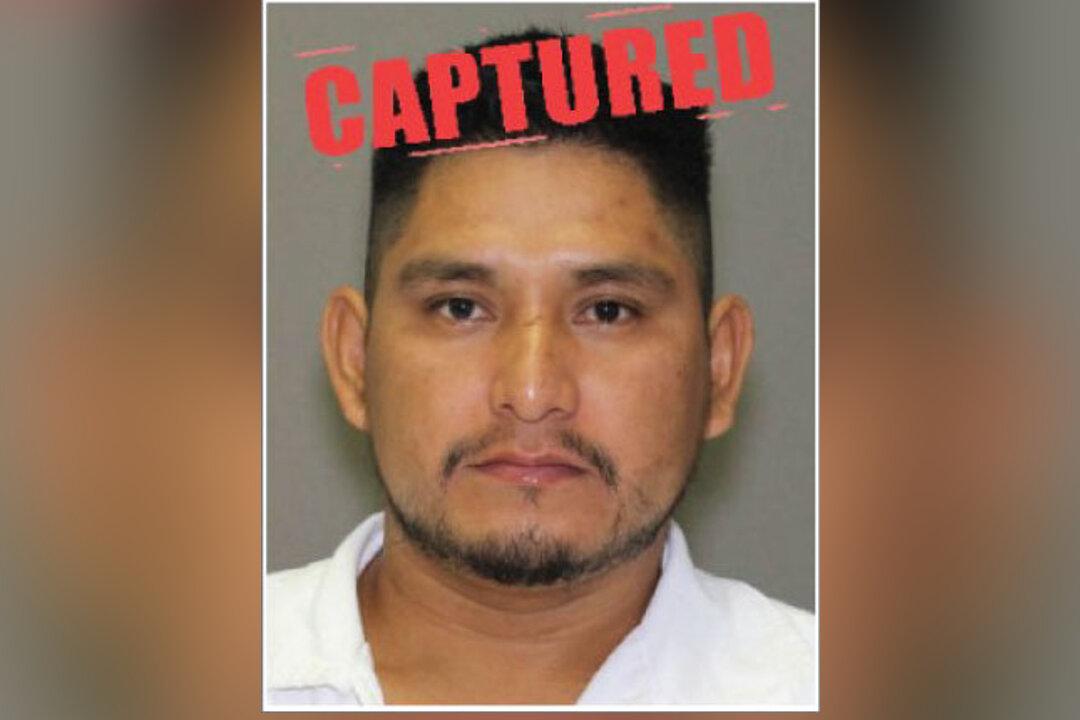A federal judge found California’s “abnormally dangerous guns” law unconstitutional in one part after a lawsuit from a gun industry association.
San Diego District Judge Andrew Schopler, a President Joe Biden appointee, blocked California’s attorney general from enforcing a new law that allows residents and the state and local governments to sue members of the firearms industry that manufacture or sell “abnormally dangerous” guns.





